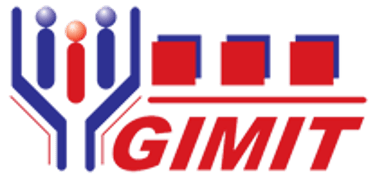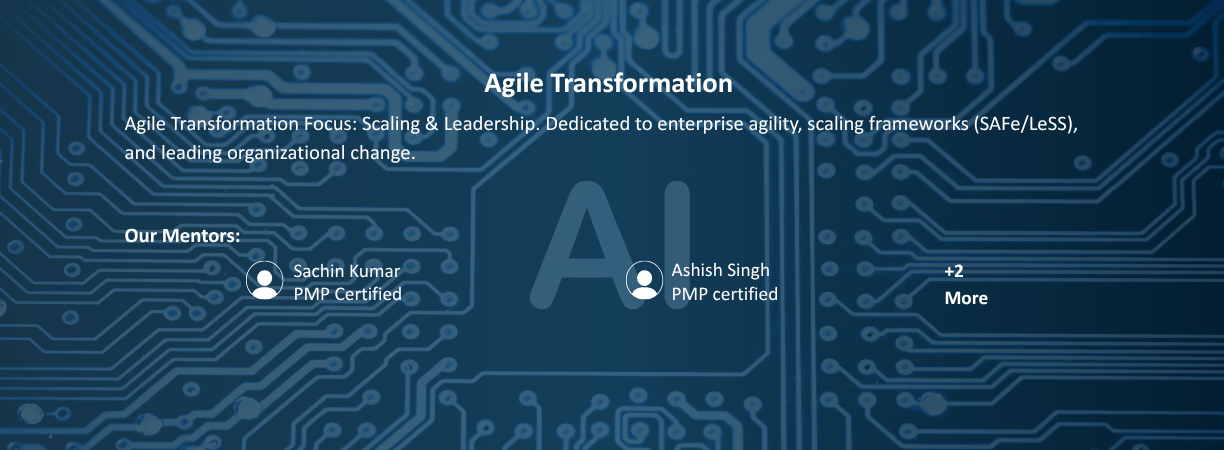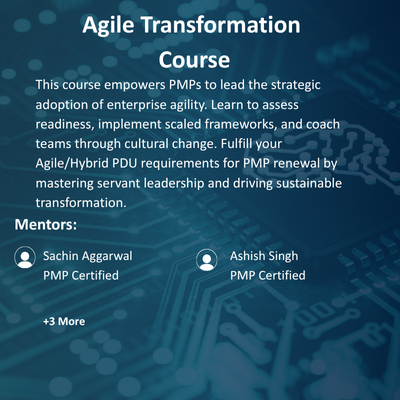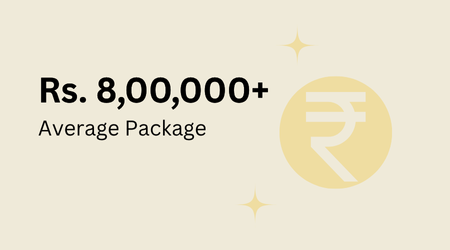

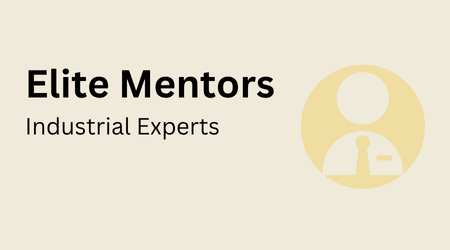

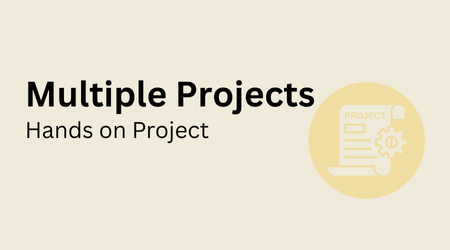

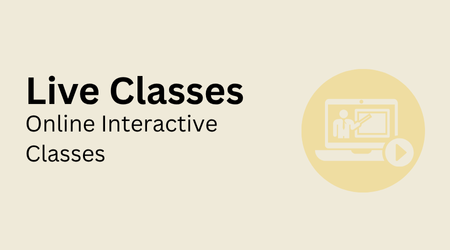

Major Industry Recruiters
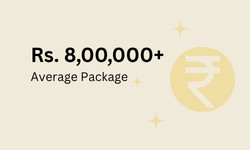

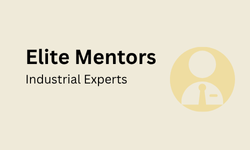

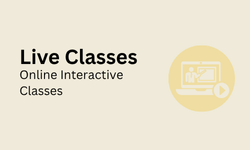

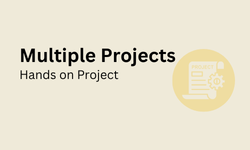

Major Industry Recruiters
Course Description:
This course is specifically tailored for Project Management Professionals (PMPs) seeking to renew their certification by fulfilling the Agile/Hybrid project management education requirement. It focuses on the strategic and operational aspects of Agile Transformation, preparing project leaders to champion and guide their organizations through complex changes.
You'll explore the 'why' and 'how' of agile adoption, covering key frameworks like Scrum, Kanban, and Scaled Agile Frameworks (SAFe). The curriculum emphasizes the servant leadership role of the project manager in an agile environment, focusing on coaching teams, managing stakeholders through change, and aligning agile practices with organizational strategy. Key topics include understanding the Agile Manifesto, assessing organizational readiness, establishing an Agile Center of Excellence (CoE), managing the product lifecycle, and measuring transformation success. Completion equips PMPs with the knowledge to integrate agile thinking into their existing project management expertise, earning valuable Professional Development Units (PDUs) across the PMI Talent Triangle areas.
Course Objectives:
The primary objectives of this course are to enable PMPs to:
Understand the "Why": Articulate the business case, benefits, and necessity of Agile Transformation for organizational survival and competitive advantage.
Master Core Principles: Differentiate and apply the foundational values of the Agile Manifesto and the principles behind popular frameworks like Scrum, Kanban, and Lean.
Lead the Change: Develop the servant leadership skills required to initiate, manage, and sustain the organizational transition to an agile mindset and operational model.
Assess and Plan: Learn techniques for evaluating organizational readiness, identifying cultural barriers, and crafting a practical Agile Transformation Roadmap.
Scale Agile: Gain an introductory understanding of various approaches for scaling agile (e.g., SAFe, LeSS) across multiple teams and large enterprise portfolios.
Ensure PDU Requirements: Earn the necessary Professional Development Units (PDUs), specifically in the Agile/Hybrid domain, to successfully fulfill the PMP renewal criteria.
Integrate Agile: Apply and integrate agile practices (e.g., iterative planning, continuous feedback, value delivery) into existing traditional project management expertise.
Course Module:
Module 1: Understanding the Agile Imperative
The Business Case for Agility: Why organizations are moving beyond traditional project management; market disruption and competitive advantage.
Agile Fundamentals Refresher: Deep dive into the Agile Manifesto (values and principles); the concept of the iterative and incremental lifecycle.
Lean Thinking: Introduction to Lean principles (e.g., maximizing value, minimizing waste) and their application in software and non-software development.
Module 2: The Transformation Roadmap and Strategy
Assessing Organizational Readiness: Techniques for evaluating existing culture, process, and structure for agile suitability.
Building the Transformation Vision: Defining clear, measurable goals and success metrics (Key Performance Indicators) for the transformation.
The Transformation Structure: Establishing an Agile Center of Excellence (CoE) or similar guiding coalition; defining new roles (e.g., Agile Coach, Scrum Master, Product Owner).
Pilot Selection and Rollout Strategies: Choosing initial teams/projects for agile adoption; phased rollout vs. big-bang approach.
Module 3: Implementing and Scaling Agile Practices
Core Framework Deep Dive: Detailed exploration of Scrum (roles, events, artifacts) and Kanban (visual flow, limits, metrics).
Product Management in Agile: Shifting from project management to product management; techniques for Roadmapping and Backlog Management.
Scaling Agile Frameworks: Overview of common scaling models like SAFe (Scaled Agile Framework), LeSS (Large-Scale Scrum), or Nexus.
Engineering Practices for Agility: Introduction to technical practices that support agility, such as Continuous Integration/Continuous Delivery (CI/CD) and Test-Driven Development (TDD).
Module 4: The Role of Leadership and Cultural Change
Servant Leadership in Agile: Transitioning the PMP role from command-and-control to coaching and facilitation.
Managing Stakeholders Through Change: Communication strategies for addressing resistance and building buy-in across the organization.
Building High-Performing Teams: Principles of self-organization, psychological safety, and continuous improvement (using Retrospectives).
Aligning Projects to Strategy: Techniques for portfolio management and funding value streams in an agile enterprise.
Module 5: Measuring and Sustaining the Transformation
Agile Metrics: Understanding and using metrics focused on value, flow, and quality (e.g., velocity, cycle time, lead time).
Organizational Learning: Establishing feedback loops to inspect and adapt the transformation process itself.
Sustaining the Change: Strategies for embedding the agile mindset into long-term culture and governance.
PDU Reporting: Guidance on classifying the course activities and content to correctly claim PDUs for PMP renewal.

Upcoming Batches: Choose as per Your Requirement
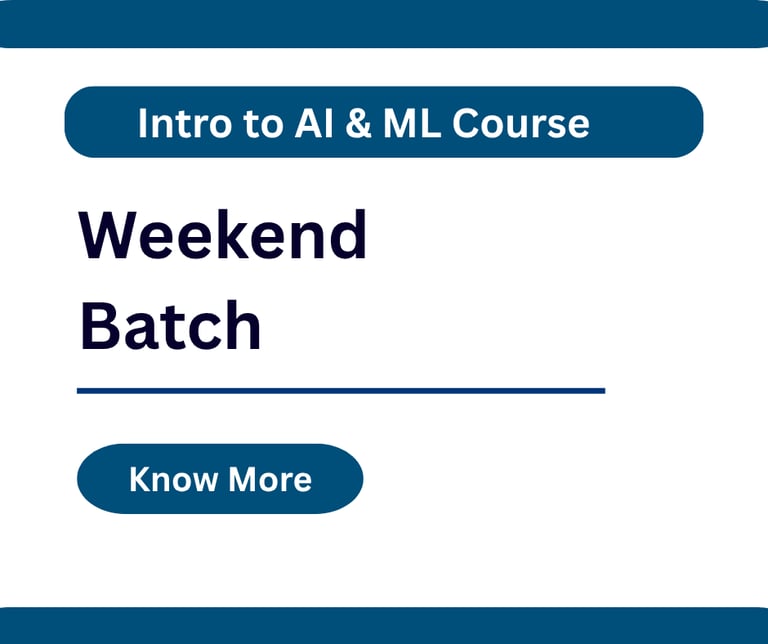

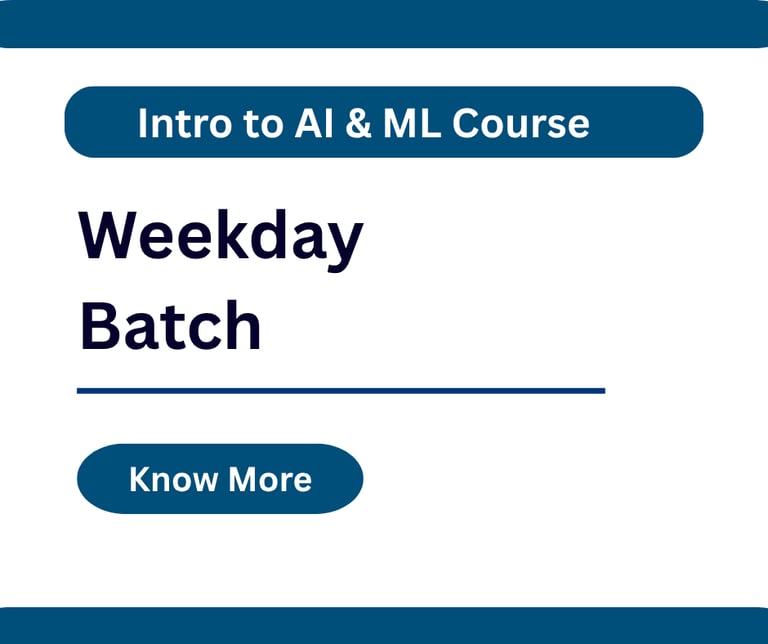

Our Mentors:
Shruti Aggarwal
Machine Learning Engineering in Infosys
Asish Singh
Data Scientist at TCS
Neha Singh
AI Engineer in TCS
Akshay Jain
AI/ML Engineer ex-Wipro
Our Mentors:
Shruti Aggarwal
Machine Learning Engineer at Infosys
Ashish Singh
Data Scientist at TCS
Neha Singh
AI Engineer in TCS
AI/ML Engineer ex-Wipro
Akshay Jain
Our Alumni Work at Top Companies
Faq
Who is this course for? This course is primarily designed for Project Management Professionals (PMPs), but is also highly beneficial for program managers, portfolio managers, PMO leaders, and anyone involved in leading organizational change or large-scale projects who needs to adopt an agile mindset.
How many PDUs will I earn? The course is typically structured to provide all or most of the 60 Professional Development Units (PDUs) required for PMP renewal, with a specific focus on the technical, leadership, and strategic aspects of agile and hybrid project management. (Check the specific course provider for the exact PDU breakdown).
Will this course prepare me for the PMI-ACP certification? While this course provides a strong foundation in agile principles and practices, it is specifically focused on organizational transformation and PMP renewal. It can serve as excellent preparatory material, but a dedicated, in-depth study course is usually recommended for the PMI-ACP exam itself.
Is prior agile experience required? No, prior hands-on experience isn't strictly required. The course starts with an Agile Fundamentals refresher, making it accessible to PMPs transitioning from traditional, waterfall environments.
What is the difference between this course and a basic Scrum Master course? A basic Scrum Master course focuses on running one Scrum team. This Agile Transformation course focuses on the strategic, cultural, and organizational challenges of adopting agile across an entire enterprise, a skill set crucial for senior PMPs.
Does this cover Scaled Agile Frameworks (SAFe)? Yes, the course includes an introductory overview of various scaling models like SAFe and LeSS, focusing on the principles and challenges of applying agile to large, complex projects and portfolios.
Is this an in-person or online course? The course is commonly offered in both formats: live, instructor-led virtual sessions or self-paced, pre-recorded online modules, often with interactive Q&A or workshop elements.
How do I report these PDUs to PMI? The PDUs are generally categorized under the Education section of PMI's CCRS (Continuing Certification Requirements System), primarily fitting into the Agile/Hybrid domain of the PMI Talent Triangle. The course provider usually gives specific guidance and course codes for easy reporting.
What materials are included? Typically, you will receive a comprehensive course workbook, presentation slides, templates for transformation roadmaps and readiness assessments, and access to online resources or a learning management system (LMS).
Will I learn specific tools (e.g., Jira, Azure DevOps)? While the course discusses the importance of agile tooling, it focuses on the strategic principles of transformation, not on the in-depth operation of specific software tools. Tool usage may be covered illustratively, but it is not a primary module objective.
